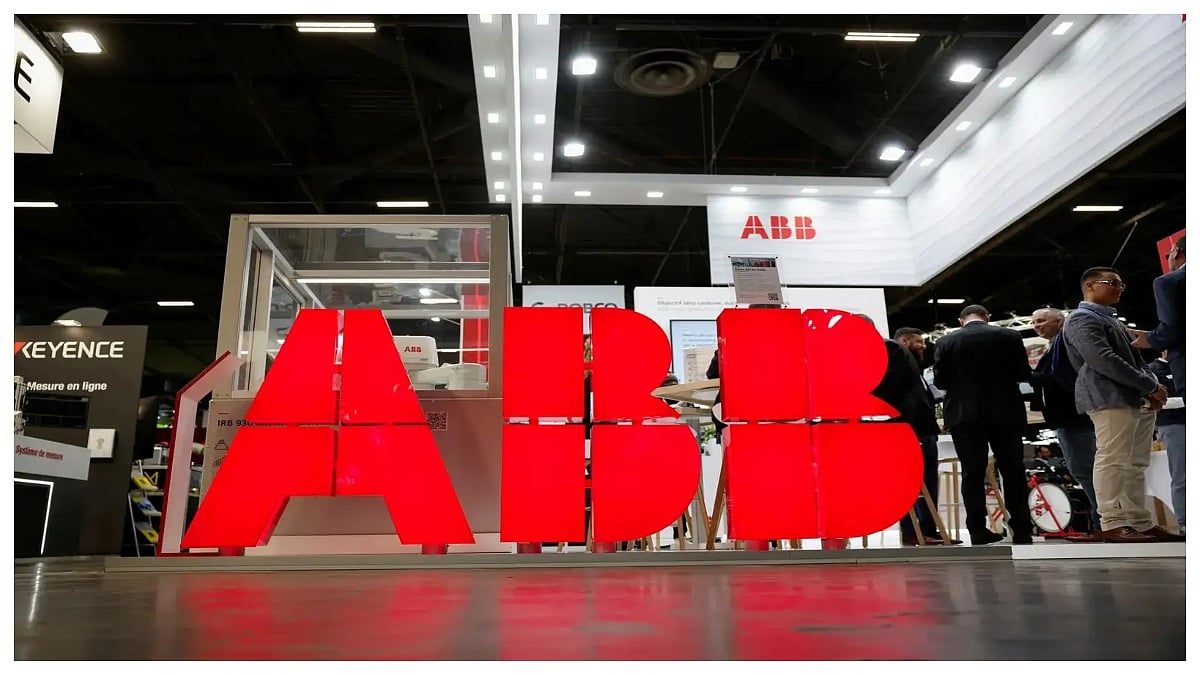The Reserve Bank of India (RBI) has notified new locker rules effective January 1, 2022. If one examines it with a fine-tooth comb, the inevitable conclusion is it has stirred the hornet’s nest, besides potentially disenchanting the customers as well as banks from the very idea of bank lockers.
The least controversial provision in the new rules is its thumbs up to the extant practice of banks demanding deposits as a precondition for allotment of locker. Nothing wrong in it except that the RBI has in addition imposed more stifling preconditions for allotment of lockers.
A bank can now charge three years locker rent plus breaking charges in advance at the time of allotment under the pessimistic assumption that most of the locker holders vanish with the locker key and remain untraceable. It is a bad policy to punish everyone for the shenanigans of a few. To be sure, there must be a foolproof agreement that prescribes an exemplary penalty for those fleeing and abandoning their lockers. With Aadhaar card, such waywardness can be tamed but even if not entirely, it is not fair to penalize everyone for the fault of a few deviants.
Three-year advance rent
The three-year advance hurts, especially if it is going to be sans interest. Why should anyone pay anything gratis? Bankers of all the people should know the importance of interest and time value of money. And pray how is a bank going to fix the breaking charges? It is going to be arbitrary in any case and like advance rent hurts even more given the fact it is going to be parked with the bank free till the locker is closed.
With these admittedly customer unfriendly moves, the RBI is going to disenchant customers -- both actual and wannabe, and who knows may unwittingly drive some of them especially in urban centers into the arms of private locker providers. The new rules instead could have said that a bank can lay its hands on deposits to the extent of default in paying locker rent as well as to reimburse itself the cost of the resultant and inevitable breakage of the locker.
The new rule making a bank partially responsible for loss of contents in the locker, which apparently is a customer-friendly move, in fact may work against banks correspondingly. Should there be a fire or building collapse or loss occasioned thanks to malfeasance of any bank employee, banks are ordained to pay 100 times the rent as compensation. Malfeasance is not an open and shut case. It might drag on for decades before it is decided one way or the other finally. And what is the sanctity behind the 100-time multiplier?
Compensations should never be rough-and-ready nor one-size-fits-all. It is amazing that the new rules quibble over natural calamities and fire/building collapse when it insulates the former alone from a bank’s liability.
More fundamentally, the RBI seems to have rushed where angels fear to tread. Thus far it had wisely maintained the principled stand that a bank is not liable for loss for the simple reason it is not responsible for the contents in the locker. To be sure, most banks do warn through the locker lease agreement that it cannot be used to keep inflammable and dangerous items but that does not mean it intrusively inspects what all are kept in the locker.
Incidentally, it is just as well that the new rules mandate an express and specific clause prohibiting a customer from keeping illegal and hazardous items in her locker. In fact, bank officials discreetly withdraw after opening the locker with the second key thus remaining oblivious of what the customer does.
It is against this backdrop that the above magnanimity in kindly offering to pay up 100 times the rent in certain contingencies becomes questionable. Equally questionable is its magnanimity in allowing individual banks to frame their own rules with regard to compensation for losses in other circumstances like theft.
Lessor-lessee agreement and not bailor-bailee agreement for locker
In his celebrated novel ‘Hotel’ Arthur Hailey vividly explains why a hotel management is not responsible for loss both to the customers and to the third parties who might be hurt by the irresponsible behavior of its guest like throwing or flinging dangerous substances and things out of the window. The American jurisprudence in this regard is key is the key. By handing over the room key to a guest, the hotel makes him the owner of the room for the duration of his stay. As an owner, it is his responsibility to behave as well as safeguard his belongings. Period.
The same logic ought to apply to a bank locker. In fact, banks in India pointedly enter into a lessor-lessee agreement and not bailor-bailee agreement for locker. A bailee alone is responsible to bestow the same attention as the bailor himself would have on the goods handed over. The truth is no goods are handed over to a bank when a customer keeps her valuables in her locker.
New rules may put off banks, customers
While deciding ‘Amitabha Dasgupta vs United Bank of India’ on February 19, 2021, the Supreme Court had directed the Reserve Bank of India to issue suitable rules and regulations on the responsibility of banks on various aspects of safe deposit lockers within six months. In that case there were charges of non-payment of rent. The bank in fact broke open the locker.
There were other ramifications, too. While the RBI must be commended for its swift action in respecting the apex court order, it appears it has gone overboard. The new rules, disruptive as they are, might disenchant both the banks and customers besides opening the proverbial Pandora’s box, if not a can of worms.
(S Murlidharan is a veteran columnist and tweets @smurlidharan)





